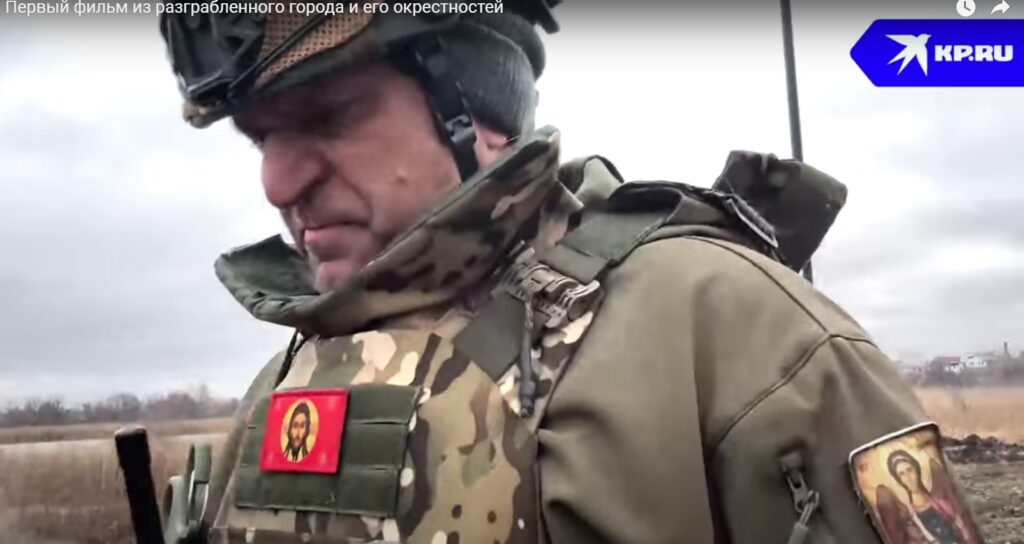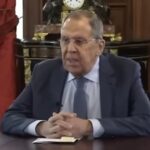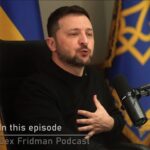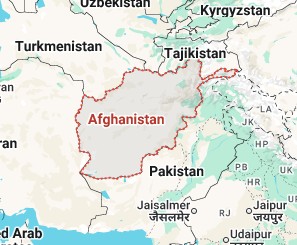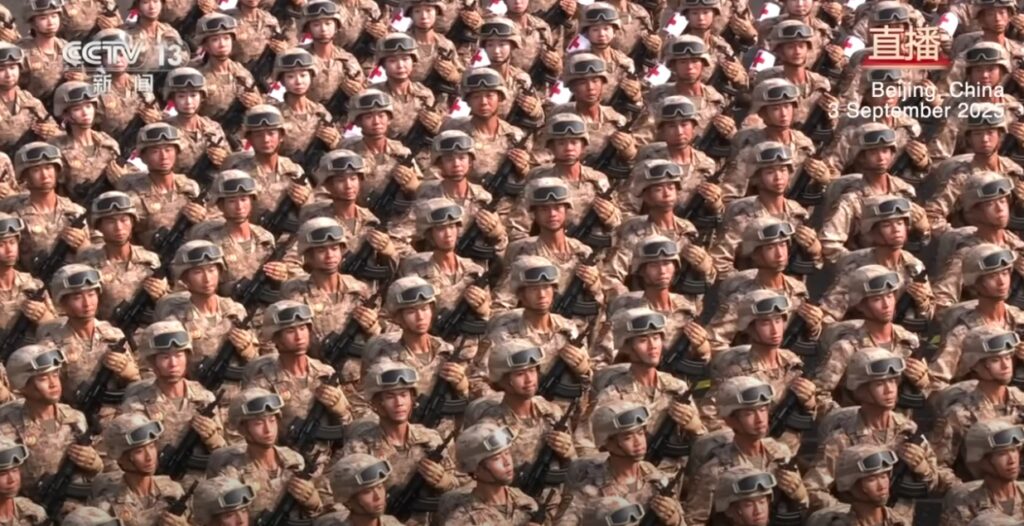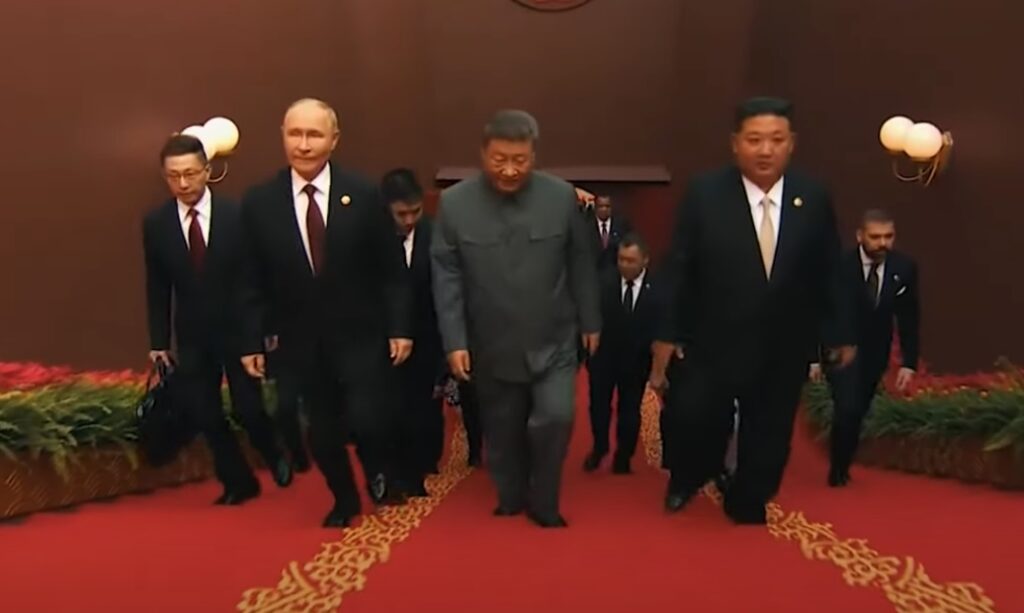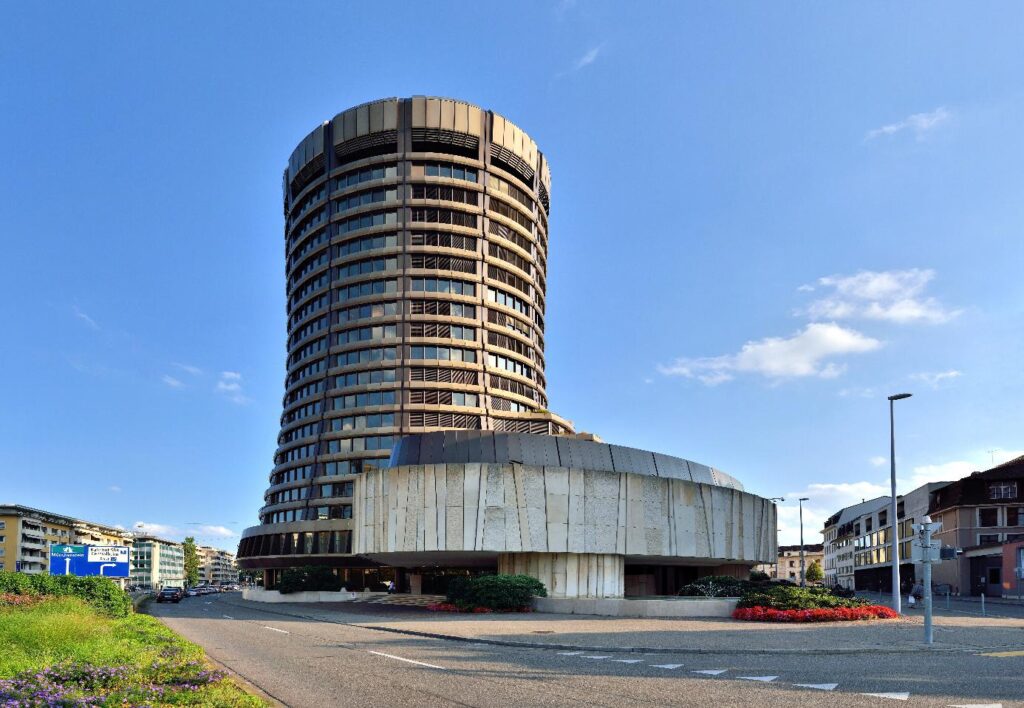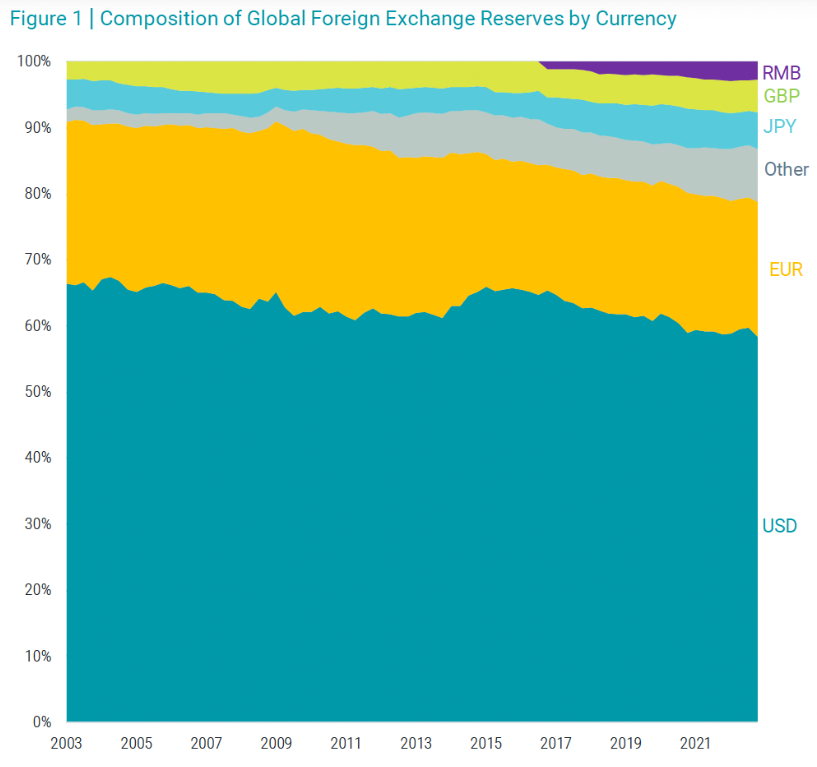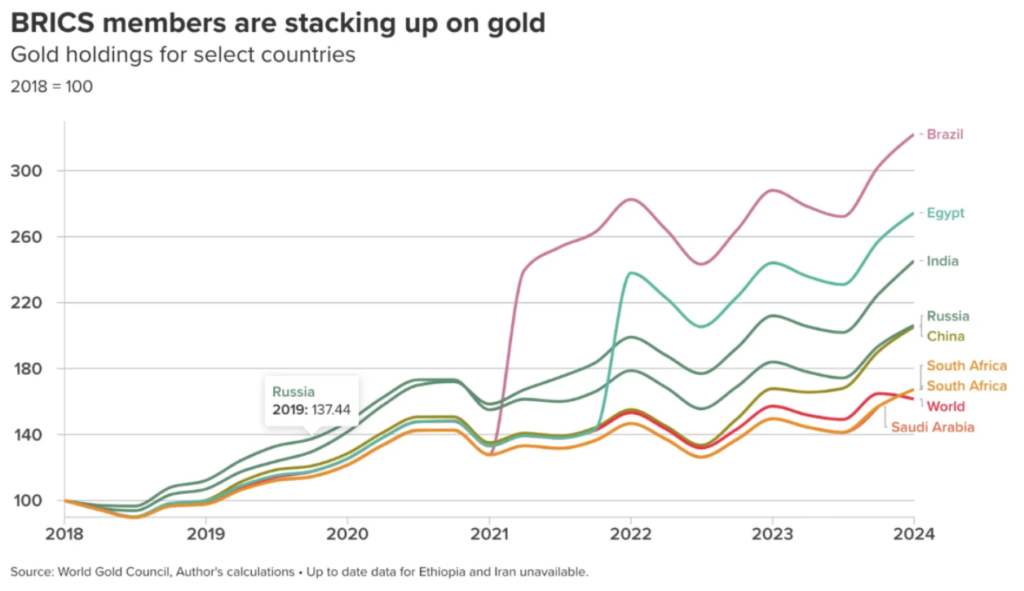The Western European elites along with the American democrats were just overjoyed! Ukrainians carried out Operation Spider’s Web and hit targets deep inside Russia, thousands of kilometers away from Ukraine, by means of drones that were smuggled into the Federation and remotely controlled. Damage was inflicted on industrial objects in places located in the Murmansk and Irkutsk regions. The former is close to the northern parts of Finland, the latter is as far east as Mongolia! Quite an exploit on the part of the Ukrainians. Surely, they will have been aided by the Western intelligence or else they would never ever have been able to precisely locate the targets, some of which were military aircraft.
Though the action is a feat – rumour has it it took one and a half years to prepare it – its political and military impact is questionable. The assault seems to be orchestrated with yet another round of Istanbul talks. Why? Did Kiev want to disrupt the negotiations or merely gain a better position at the negotiating table? The Western journalists and politicians were just beside themselves with joy; some began comparing the event to Pearl Harbor, a Japanese attack on the American navy on 7 December 1941. The comparison shows the general stupidity of the people running the media and being in charge of the Western countries. Their historical knowledge is certainly as small as to be deplorable, but even in this case they should have reflected for a second or so. If they had reflected, they would have immediately remembered that within a few months of Pearl Harbour Americans successfully retaliated at the Battle of Midway, and within a few years of Pearl Harbor Japan was on its knees. Are those journalists and politicians aware of this sequence of events? Is there among them at least one man like Admiral Yamamoto, who after the Pearl Harbour attack said: We have awakened a sleeping giant?
What did the planners of this operation think they could achieve? Did they hope to compel Russia to give in? Did they really? Maybe they thought the Russian nation would be scared out of their wits and beg Putin to put an end to the war and ask for peace terms? If they thought so then, again, they have a very poor knowledge of even recent history. It was during the Second World War that the Americans and the British mercilessly and ruthlessly carpet bombed German cities and… and they only strengthened German resistance and caused the Germans to rally around their leaders. The same is true of Russians, the some has always been and will always be true of any nation.
In this attack, Ukrainians claim to have destroyed a number of bombers. Russians own up they lost a few aircraft. As usual the numbers differ: the attacker overrates, the attacked underrates the hits. Be it as it may, the number is not important. Not only because the number of lost aircraft is not likely to change the course of the hostilities, but first of all because the loss of the airplanes translates into a loss of something far more significant. For why were the Russian bombers successfully hit? Because they stood on tarmac, without any type of cover. Why did they stand on tarmac for all to see from outer space? Was it because the Russians were too self-confident or because they were incompetent? Neither. The aircraft stood on tarmac because it was agreed between the United States of America and the Russian Federation (New START, 2011) that military airplanes capable of carrying nukes are to be visible to the other party of the agreement through satellite monitoring as a kind of reassurance that no surreptitious attack was being prepared or was under way. It seems that the West has compromised this part of the said agreement only to spite Russia. Now, the Russians might as well start concealing their strategic aircraft. How will that benefit the West?
As could be expected, the attacks strengthened the willingness of the Russians to punish Ukrainians and especially to punish the West. President Vladimir Putin is under enormous domestic pressure to retaliate. Russian patriots call for launching an Oreshnik missile at London, as everybody knows that the British are the enablers of the attack. Putin is being compared by the Western media and politicians as being another Hitler, yet, he shows a lot of restraint. Imagine another leader of the Russian Federation and his response to such an attack… If it is true that a few days earlier Ukrainians were close to pulling off a drone attack on a helicopter with the Russian president and if that attack had been successful, then a retaliation for both events might follow, turning the local hostilities into another world war. Who wants such a course of events?
How can Ukraine gain by it? How can Europe gain from it? Imagine a full-scale war in Western Europe. Will all those Moroccans and Afghans, Algerians and Kenyans fight for France and Germany, the United Kingdom and Sweden against Russia? Please… Already, they live in separate societies and regularly go on the rampage in the Western cities. They will never ever identify with their adopted countries. After all, they haven’t come to France and Germany, the United Kingdom and Sweden to experience war and deprivation. To the contrary, as we are told they have escaped from their countries because of war and deprivation. Do the likes of Starmer, Macron and Merz understand it? Fat chance of that!
Europe is on a crusade. Europe is fighting the Crimean War Number Two (the first one took place between 1853-1856). Europe, seeing the oncoming disaster, is throwing temper tantrums, like a teenager. Let us pull off something to show that we matter! Yet, again, if the journalists and politicians knew just a bit of history they would remember the charge of the Light Brigade – a spectacular debacle of a British unit during the Crimean War. And they might remember the crusade led by Emperor Napoleon and how it ended, or the crusade led by Führer Hitler, and how that one ended. In both cases the invading troops were multinational, in both cases they had initial success and in both cases the crusade was miserably lost.
Operation Barbarossa (attack on the Soviet Union) and Operation Typhoon (Battle of Moscow) would eventually come to a grinding stop, while the counteroffensive blows known as Operation Uranium (encirclement of the German troops at Stalingrad) and Operation Bagration (pushing the Germans back to the Vistula line) broke the back of the invaders. What do Europeans and Ukrainians expect might happen now?
Isn’t it all childish? Ukrainians hit targets as far as Mongolia, and yet they cannot avoid losing 20% of their territory… Ukrainians have destroyed several Russian aircraft, and a bridge and what not, and yet their population has been halved while their infrastructure has been put mostly out of order. It’s like giving your enemy a sting, and receiving a knockout in return. Pities. Pathetic. Fatuous.




